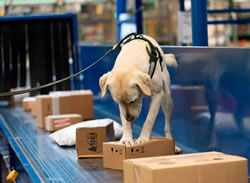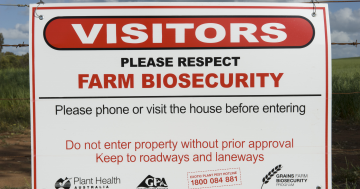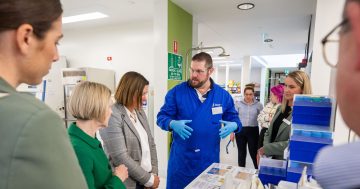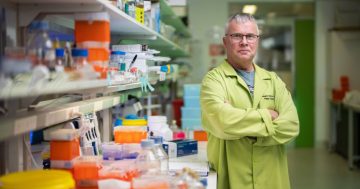 The Department of Agriculture, Water and the Environment has been called on to strengthen its arrangements for intercepting pests, diseases and biosecurity risk material from entering Australia.
The Department of Agriculture, Water and the Environment has been called on to strengthen its arrangements for intercepting pests, diseases and biosecurity risk material from entering Australia.
The call was made by the Inspector General of Biosecurity, Helen Scott-Orr following a review of the record of pest and disease interceptions and incursions into Australia.
Releasing her report, Dr Scott-Orr described the task of intercepting pests and disease-carrying material before they enter and cause incursions in Australia a “huge challenge” for the Department.
She said that annually more than 18,000 vessels, 1.8 million sea cargo consignments, 41 million air cargo consignments, 152 million international mail items and 21 million passengers arrive in Australia and the numbers were growing every year.
“The Department must strengthen arrangements for intercepting pests, diseases and biosecurity risk material, pathway by pathway, to ensure that effort is being directed to areas of highest risk.”
She said a case study of meat and meat products seized from incoming mail and passengers showed some concerning trends.
“Over six years to 2017, the Department intercepted over 272 tonnes of meat products at the border, mostly at major airports,” Dr Scott-Orr said.
“Meat can carry foot-and-mouth disease, African swine fever and other serious diseases. A total of 22 per cent of meat interceptions were undeclared and detector dogs found 53 per cent of these.
“Nevertheless, the number of detector dogs almost halved between 2012 and 2017, so that less of the mail and passengers entering were screened over time.”
She said that of the more than three million sea containers arriving each year, only about eight per cent actually underwent biosecurity inspections.
“The Department should prioritise and properly resource these screening and verification programs irrespective of other crises,” the Inspector General said.
“Failure to implement them increases the risk of incursions.
“Automated methods of profiling, screening and other interventions should also be further developed and implemented,” she said.










